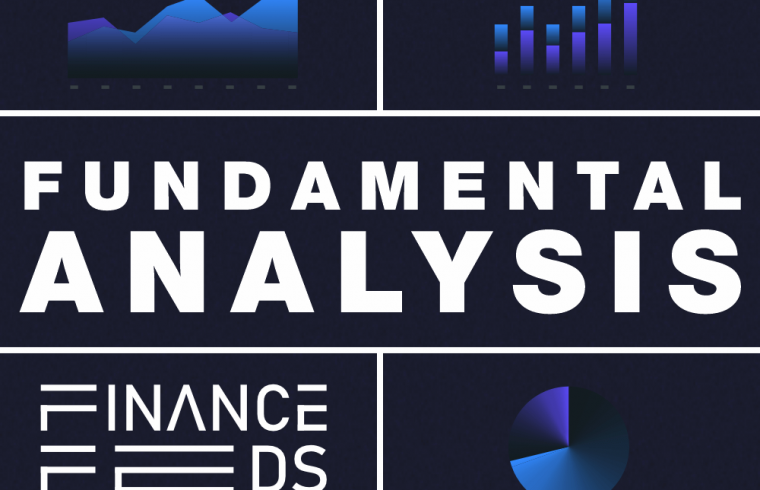US inflation data came in hotter than expected, pressuring the Federal Reserve to potentially raise interest rates and causing the US Dollar to rise against the Euro as the Eurozone faces economic uncertainties.
Stronger than expected US PCE Inflation data: The core Personal Consumption Expenditures Price Index (PCE) is a critical metric for the Federal Reserve as it tracks changes in the prices of goods and services that consumers purchase. Unlike the Consumer Price Index (CPI), the PCE excludes energy and food prices, which can be more volatile. A reading of 2.8% YoY (year-over-year) for March signifies that core inflation increased by 2.8% compared to March 2023. This figure surpassed analyst expectations of 2.6%, indicating that inflationary pressures persist within the US economy. This poses a challenge for the Federal Reserve, whose primary objective is to maintain price stability. The Fed typically aims for an inflation rate around 2%, and a sustained level above that target could force them to adjust monetary policy to curb inflation.
Renewed Strength in the US Dollar: The US Dollar’s value is determined relative to other global currencies. When the PCE data revealed higher-than-anticipated inflation, it signaled to investors that the Federal Reserve might be less likely to reduce interest rates in the near future. Lower interest rates can make a currency less attractive as investors earn a smaller return on their holdings. Conversely, the prospect of rising interest rates, potentially due to the Fed’s need to combat inflation, strengthens the US Dollar. This recent economic data release triggered a buying spree for US Dollars by investors seeking a potentially higher return on their investments, leading to its appreciation against other major currencies like the Euro.
Disappointment in the Eurozone: The Eurozone, the economic and monetary union of the European Union, witnessed its currency, the Euro, weaken against the strengthening US Dollar. This phenomenon can be attributed to a confluence of factors. First, the robust US Dollar exerts a downward pressure on the Euro due to their exchange rate relationship. Second, ongoing uncertainties cloud the economic outlook for the Eurozone. These uncertainties could stem from various sources, such as geopolitical tensions, ongoing supply chain disruptions, or internal economic challenges within the member states. Compared to the perceived relative strength of the US economy, these factors make the Eurozone appear less attractive to investors, further contributing to the Euro’s depreciation.
Here are some economic highlights for next week:
The most important news releases are:
- Eurozone Economic Data (29th April): This includes a bunch of data on consumer prices (both YoY and MoM), business climate, consumer confidence, economic sentiment and unemployment. This will provide a comprehensive picture of the Eurozone’s economic health.
- Chinese Manufacturing PMI (30th April): This Purchasing Managers’ Index (PMI) is a measure of activity in the Chinese manufacturing sector. A strong PMI reading suggests expansion, while a weak reading indicates contraction. This data is important because China is a major driver of global economic growth.
- EU GDP (30th April): This is the first estimate of GDP growth for the Eurozone in the first quarter of 2024. It is a key indicator of the overall health of the Eurozone economy.
- US Consumer Confidence (30th April): This report measures consumer confidence in the US economy. Consumer confidence is a key indicator of future economic activity, as consumers are more likely to spend money when they are confident about the economy.
- US Employment Cost Index (30th April): This report measures the change in the cost of labor for employers. It is a key indicator of inflation, as wages are a major component of business costs.
The subject matter and the content of this article are solely the views of the author. FinanceFeeds does not bear any legal responsibility for the content of this article and they do not reflect the viewpoint of FinanceFeeds or its editorial staff.
The information does not constitute advice or a recommendation on any course of action and does not take into account your personal circumstances, financial situation, or individual needs. We strongly recommend you seek independent professional advice or conduct your own independent research before acting upon any information contained in this article.












